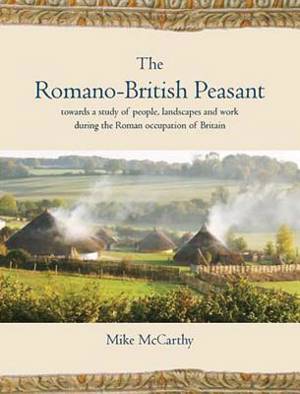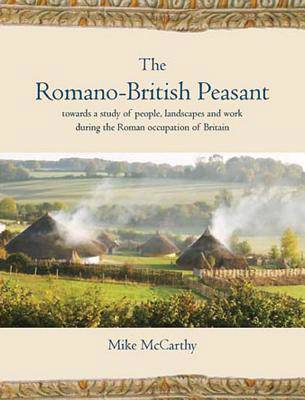
- Retrait gratuit dans votre magasin Club
- 7.000.000 titres dans notre catalogue
- Payer en toute sécurité
- Toujours un magasin près de chez vous
- Retrait gratuit dans votre magasin Club
- 7.000.0000 titres dans notre catalogue
- Payer en toute sécurité
- Toujours un magasin près de chez vous
The Romano-British Peasant
Towards a Study of People, Landscapes and Work during the Roman Occupation of Britain
Mike McCarthy
Livre broché
50,45 €
+ 100 points
Description
Unlike many other volumes on Roman Britain, this book focuses on the ordinary people - the farmers, shopkeepers, labourers and others - who are rarely given centre-stage.
Spécifications
Parties prenantes
- Auteur(s) :
- Editeur:
Contenu
- Nombre de pages :
- 160
Caractéristiques
- EAN:
- 9781905119479
- Date de parution :
- 30-04-13
- Format:
- Livre broché

Les avis
Nous publions uniquement les avis qui respectent les conditions requises. Consultez nos conditions pour les avis.






